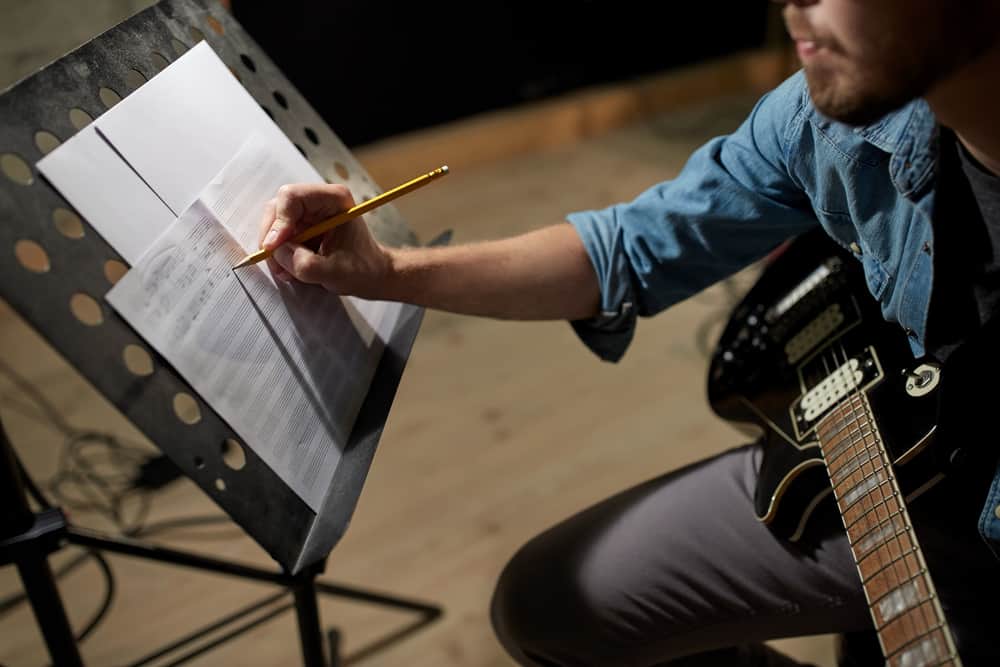Musicians have been studying music composition for centuries, with the predominant model for learning being private lessons or the education offered at conservatories around the world. Studying and apprenticing under recognized master Composers, Conductors, and Teachers has been the accepted path to prominence as a successful Composer and Orchestra Conductor, and a conservatory degree or diploma has long been a badge of quality and proficiency.
Of course, musical styles change, and compositional techniques have evolved together with genres and tastes. Today’s professional musicians, Composers, and Conductors are not only proficient as instrumentalists and writers of music, but must crossover among a multitude of musical streams, from jazz and pop to classical, third stream, and new music. Professional Composers must also understand music production, music synthesis, and how to market themselves in the digital age.
While the conservatory has been and still is the predominant model, many colleges and universities offer degrees in composition. Some schools house their own conservatory, while others might offer a sequence of courses allowing students to earn their degree with a major concentration in composition.
All the schools included in my 10 best list have established programs with a record of producing successful alumni. In deciding where to earn your degree, begin by considering a number of schools, and then spend some time investigating each one. I recommend that you visit any school you’re seriously considering, and speak directly with the faculty and students. They can best give you a realistic perspective on what daily life is like, should you decide to attend.
Think about what is important to you in a program. Do you need access to a large orchestra to perform and record your works?
Some larger schools offer this, while a small conservatory setting might be more focused on chamber and jazz combos. If you write electro-acoustic music or like to perform in ensembles, that could be a consideration. You might want to have access to recording studios or be concerned about faculty-student ratio. You might want to be in one of the big cities, or prefer a more pastoral setting.
Many students choose a school based on the faculty teaching there, or the notable successes of the alumni. Location and cost are also a factor in choosing a school, as are music scholarships. There’s a lot to consider when choosing your school. As you do your research, take careful notes to help you compare the different programs’ plusses and minuses.
Ultimately, choosing the right program for you shouldn’t depend on any single top 10 list. There are many good programs at state schools and community colleges. The important thing is the training you receive should prepare you to work in the field. Most schools have summer programs designed for younger musicians, and that’s also a great way to meet the faculty, learn about how they teach composition, and find out what it’s like to study there.
While you are at it, network with the people you meet. They will likely be your future collaborators. Keep track of who you speak with at each school, in case questions come up later on and you want to circle back to them. Listen to the opinions of Teachers and other professionals, but in the end, you should make the decision based on what feels right for you.
